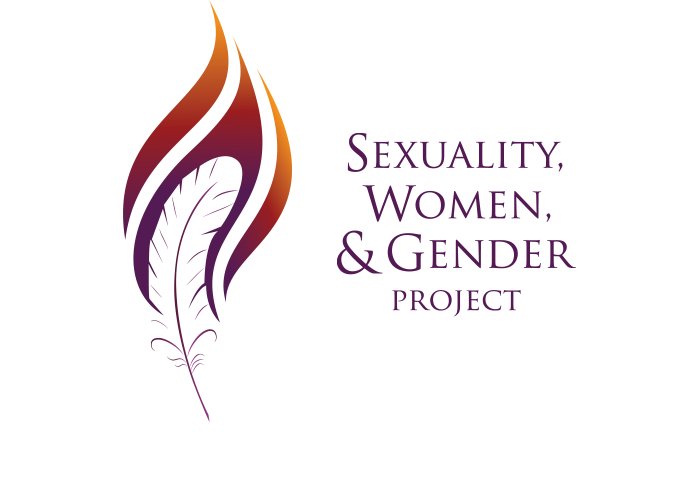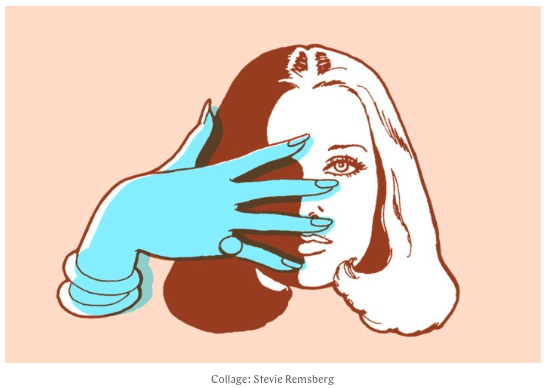The term “matrescence,” coined by anthropologist Dana Raphael in the mid-’70s and brought into common use in psychology by clinical psychologist Aurelie Athan, head of the maternal psychology lab at Columbia University, describes a woman’s transition into parenthood. The term deliberately evokes the passage into adulthood — adolescence — though the two aren’t exactly on equal footing in our collective consciousness.
---
As Athan describes it, “I think [the concept of matrescence] would bring some of the magic back into adult development. It can bring curiosity and intrigue back to our own stories of self-development. It doesn’t stop after adolescence … it continues on.”
Nor does matrescence end after the early months of caring for a first baby. It evolves with each child, and carries on throughout a mother’s life with her children. “Mothering changes with experience. With every child, there’s a layer-cake effect,” says Athan. “And there are different stories in mothering young babies or children age zero to 3 than there are in how to raise young children or adolescents, and then also emerging adults, and then the empty-nest experience. There are mothers of now-grown children who continue to wrestle with the very same questions. The story just deepens and becomes all the more fascinating.”
---
“A colleague of mine once said, women might celebrate going to a yoga class, but not breastfeeding in the middle of the night, staying up all night, as having the same sort of value. I think [kids are] teaching you things like mindfulness and patience,”Athan says. “Think about the repetitive tasks [of parenthood] … they force you to be very present.”
Athan likens the monotonous daily tasks of motherhood to ascetic exercises that allow us to put aside our egos: “If you were to invert the notion that we somehow raise our children and think about the influence of children on our development … it would be a number of things. People pay a lot of money to travel to an ashram or to go through some kind of spiritual practice, and I think if they reframe or reconceptualize parenting in those terms, they could get it at home for free.”
“Probably more than they want,” she laughs. “A lot of moms talk about finding a patience they didn’t have before.”
Athan likes to compare matrescence to the classical hero’s journey of literature. The protagonist is called upon, willingly or unwillingly, to embark upon an adventure, a journey. She faces many difficulties and trials along the way, but ultimately emerges victorious, and returns home with a new way of looking at the world, having grown from her experience.
“You hear the call, and the adventure is not going to be an easy one,” she says. “It’s really the moment when a mother psychologically conceives that she’s a mother, and it might not be an ‘a-ha’ moment. Sometimes it is, sometimes it’s when you bring the baby home from the hospital, or your adopted child lands in your arms. Other times, it’s more of an unfolding of the responsibilities, and that is where the mother confronts, in that kind of heroic sense, what is really being asked here. And that’s where I think each of us individually has to embark on that alone.”
“When I hear a mother come out of that process, that early reckoning, she comes out with a real shift,” Athan adds. “That’s what the hero’s journey is … there’s no going back, in the same way.”
Read full piece here.

